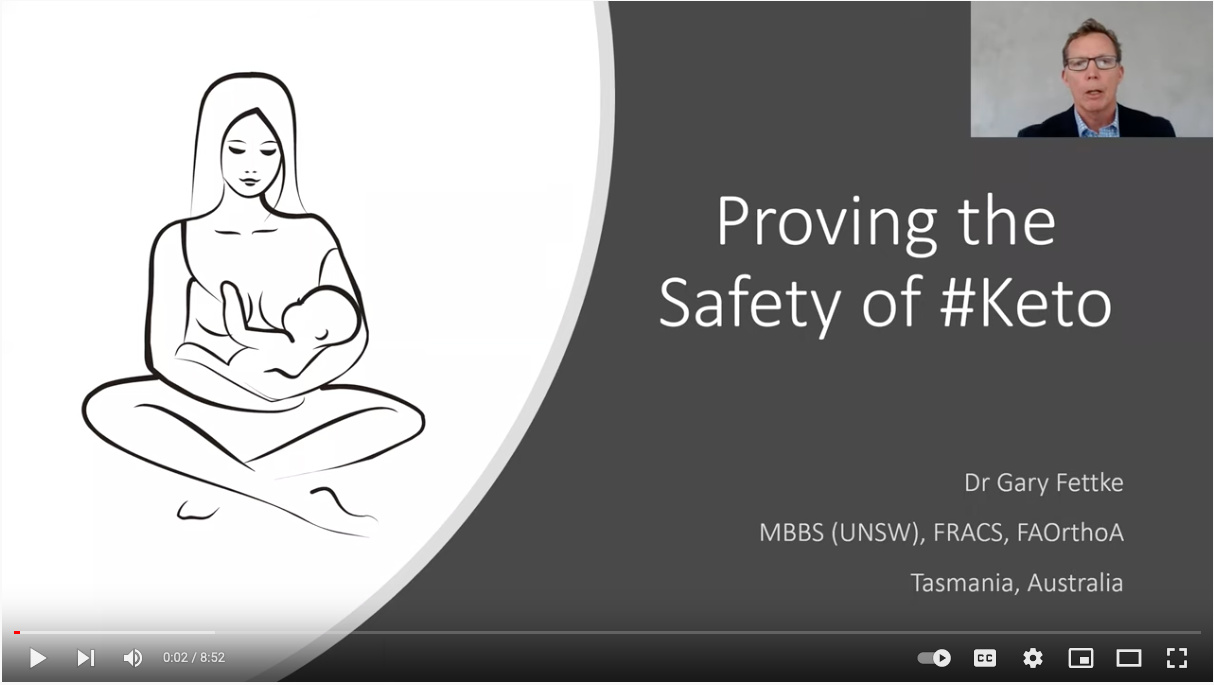My friend who does know Keto hired a nutritionist to see her teenage daughter who also has some food allergies (wheat). The friend was not concerned, did not think her daughter has disordered eating or anything else more than any other kid her age. However, she has been refusing to eat red meat and has been subsisting off of mostly carbs lately. My friend really only wanted her kid to get suggestions for better meal options (which she is more than willing to make for her, keto or not as long as the meal is balanced in terms of fat and protein). The kid had Covid last month so lost 5 lbs from that but otherwise is pretty weight stable.
EDIT to ADD: The kid asked to see the nutritionist, some of her friends have nutritionists and she wanted one too! This was not the mom’s idea (even though the post implies that) the idea came from the kid. The mom was ok with it because it is completely covered by insurance. One of the kid’s friends also uses this nutritionist and loves her!
My friend normally makes keto friendly meals with a vegetable and carb side dish that she does not eat but her family does. For example a steak with some type of high fat sauce, a side of avocado, broccoli with olive oil and a potato on the side.
My friend very strongly believes that people who are still developing should not eat Keto unless they really want to and have done the research and are in tune with themselves. This is not her kids! I support her in this and would never encourage her daughter to eat Keto. However, after the first meeting with the nutritionist (I think she is a registered dietician), she was told a whole bunch of nonsense, first that the kid is showing signs of disordered eating so she should be encouraged to eat whatever she will eat! There are no bad foods! (One set of grandparents have prediabete/diabetes, the other had cancer! there are plenty of bad food options in that situation in my opinion but what do I know!) When my friend told the dietician that while she will buy Icelandic yogurt with sweeteners, she personally does not see a difference between her kid eating that or eating a cookie with milk, the nutritional profile is similar! The dietician said right now the goal is to get her daughter to eat regularly, have at least 3 meals a day and make sure she is not skipping meals. Of course the kid likes the nutritionist even though to my friend it goes against everything in her experience! The nutritionist went on and on about how skipping meals (which my friend’s daughter does because she is not a breakfast eater, is very busy at school and hates the food options at school) causes changes in the gray matter of the brain. My friend said as she is telling her this, all my friend can think about is her last multi day fast!
She does not have a lot of options in terms of her insurance (this person came highly recommended by another friend who can afford the best but is not up on keto). She does worry that if she fires the nutritionist her daughter will both be upset and what if she is wrong that her daughter is developing some type of eating problem. Any nutritionists out there who can offer suggestions?


 but small usefull on point info given is all we can do along with just being there and listening and that support is good for your friend to hear.
but small usefull on point info given is all we can do along with just being there and listening and that support is good for your friend to hear. others mileage may vary on it.
others mileage may vary on it.